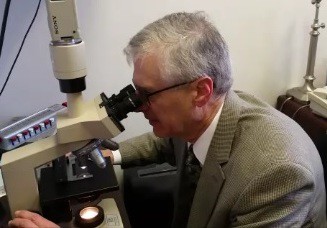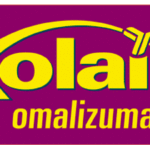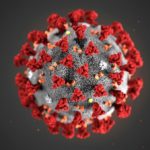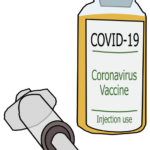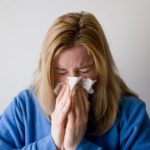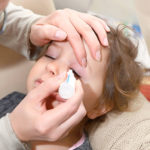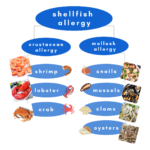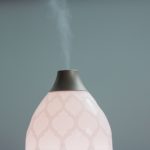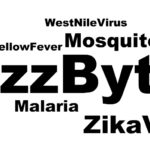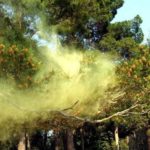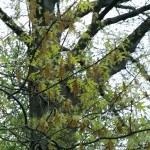allergic shiners, allergies, allergy, allergy shots, allergy symptoms, eye allergies, eye allergy, local pollen count, oak tree pollen, pollen, pollen count, spring, The Asthma Center
Blue Skies, Red Eyes: Oak Pollen on the Rise
Oak tree pollen is in the air here in the Delaware Valley. Today’s air sample slides were so coated in pollen that Dr. Donald Dvorin spent more than two hours at his microscope counting pollen grains and mold spores.
“Our patients are experiencing more eye symptoms this week,” he explained. “It’s why I set aside the time to count—to know exactly what’s in the local air today, our air right here, right now.”
The Asthma Center is the Delaware Valley’s only official pollen count station which is certified by the National Allergy Bureau (NAB.) Dr. Dvorin has more than 25 years of experience and training in the identification and counting of pollen grains and mold spores. All that experience comes in handy on a day like today when there were at least 12 identifiable kinds of tree pollen and nine kinds of mold spores.
“Without a doubt, Oak tree pollen is predominant right now and accounts for two thirds of all the pollen grains in today’s air sample,” says Dr. Dvorin. 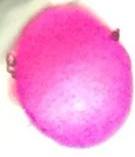
Pictured here is an oak tree pollen grain right from Dr. Dvorin’s microscopic view of today’s air sample slide. Oak trees are common in the Delaware Valley, and the sheer volume of pollen produced ranks it high on the list symptom-causing pollen for our area. (Read more from Dr. Dvorin, Oak’s No Joke: Packing an Early Punch this Spring.)
“Based on our historical pollen data and our clinical experience with patients, we know eye allergy symptoms increase around the same time Oak Tree Pollen peaks here locally,” explains Dr. Dvorin. “Given the eye allergy symptoms I’m seeing in patients right now, Oak tree pollen could peak in the Delaware Valley as early as one day this week, but that depends on a number of variables including the weather.”
If Oak tree pollen peaks this week, according to Dr. Dvorin’s historical data for our community, the 2016 peak would be a week to 10 days earlier than peaks of the last five spring pollen seasons. Be sure to check back daily for The Asthma Center pollen and mold spore counts or subscribe to receive The Asthma Center’s Daily Pollen and Mold Spore Count email.
“Spring pollen season is definitely the worst time of year for ocular allergies, and our patients are suffering with eye allergy symptoms,” confirms Dr. Marc Goldstein.
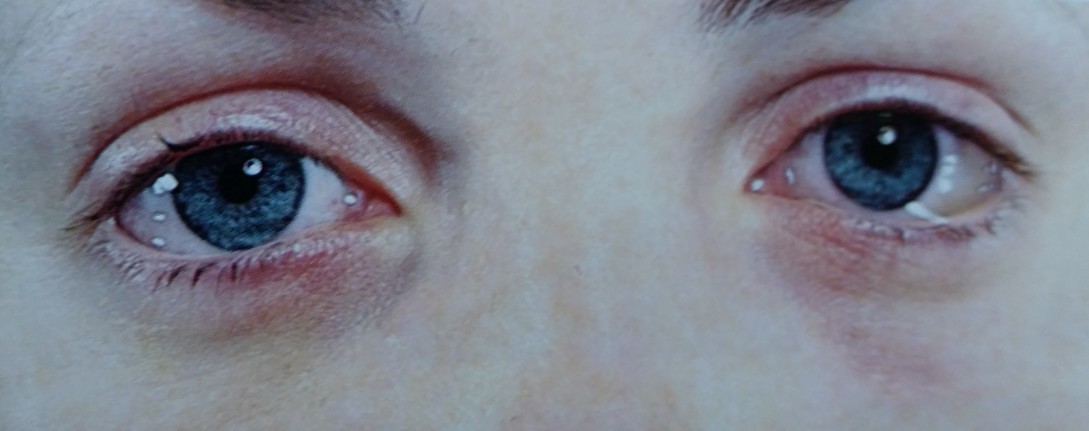
If you have itchy watery eyes, eyelid problems, dark circles around your eyes, dry eyes, or reactions to contacts, you may be experiencing eye allergy symptoms. Individuals with eye allergies may also experience crusting over the eyes in the morning. Unlike viral eye symptoms (such as “pink eye”), ocular allergies are not contagious. Eye allergy symptoms can vary in intensity from year to year, depending on exposure to triggering allergens like tree pollen. On days when the pollen counts are elevated, like today, symptoms can be severe.
How to Get Relief?
- Wear sunglasses or glasses outdoors to limit exposure of pollen to your eyes
- Avoid wearing contact lenses, or switch to daily disposable contacts to avoid allergens building up on the lenses
- Wash your hands and face frequently, including eyebrows
- Change your pillowcase often
- Visit an allergist to get prescription eye drops or to begin allergen immunotherapy (shots)
Did you know?
While dark circles under the eye are often associated with getting too little sleep, they are big indicators of allergic rhinitis. Especially present in children, these “allergic shiners” have been known to get darker as the severity of allergies increases. If your child has dark circles under their eyes or on their eyelids (a color similar to a bruise), it’s best to contact your physician/allergist to treat the underlying problem.
Get Relief-Saturday appointments are available!
The best way to manage your allergies is to find out exactly what’s causing your symptoms. The Asthma Center has 9 locations in PA & NJ with the following Saturday hours in addition to our normal Monday – Friday business hours.
- April 30: the Woodbury, NJ location will be seeing patients
- May 7 and May 14: the Mount Laurel, NJ location will be seeing patients.
- May 14 and June 4: the Langhorne, PA office will be seeing patients.
Recent
Popular

